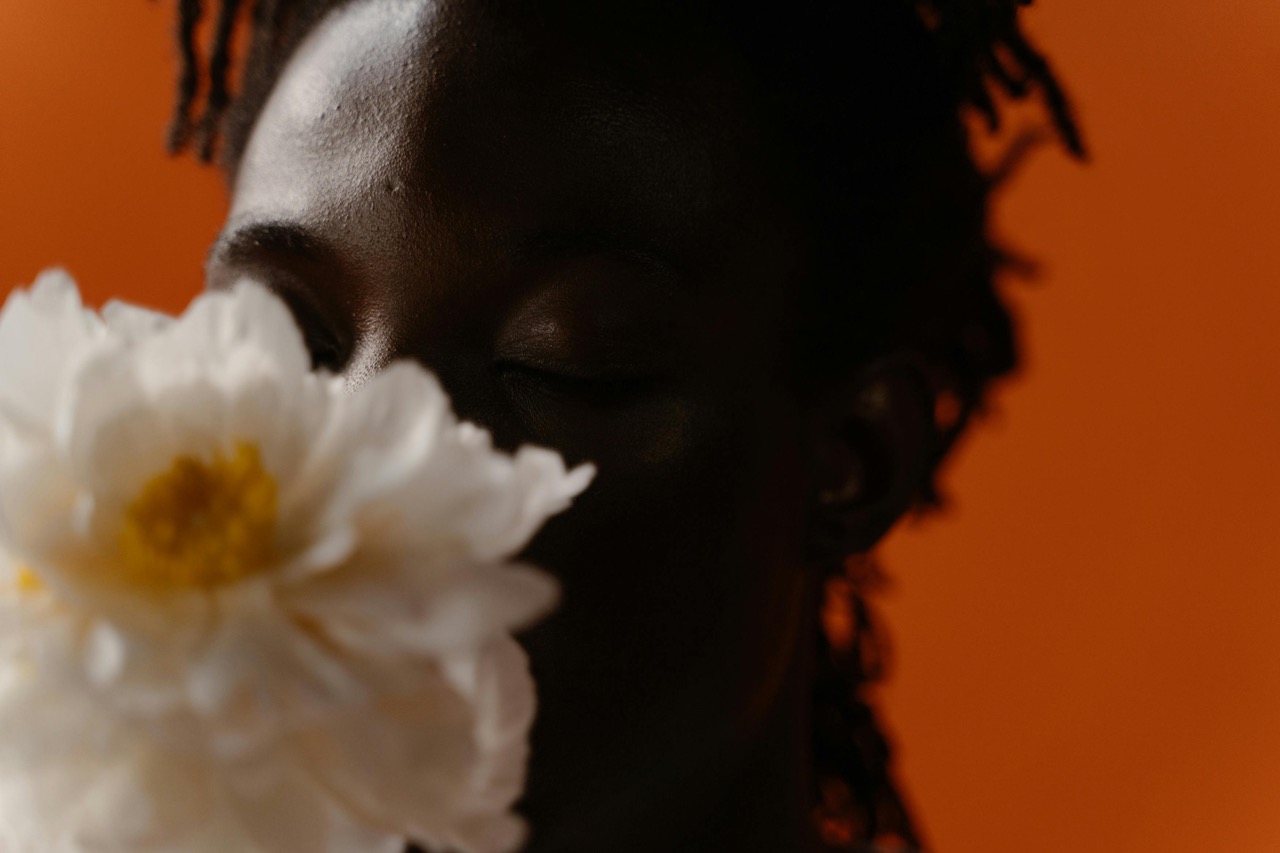Feminist Reads: Anti-Racism and Decentring Whiteness


Originally published on 3 June 2020, this post continues to be one of our most visited. At the time, we wrote it as a “myth-busting” piece. Since then, we’ve learned from evidence and practice that this kind of framing can backfire by unintentionally reinforcing the very myths it seeks to dismantle. With that in mind, we’ve chosen to republish and reframe this piece — centring sex workers’ rights, dignity, and the structural conditions that shape their lives.
Sex work is labour. It requires skills in negotiation, communication, safety planning, and emotional intelligence — alongside the economic exchange of services. Like other forms of work, sex work provides income, supports families, and sustains livelihoods. Recognising sex work as work is foundational to ensuring labour rights, access to social protections, and safe working conditions. Scarlet Alliance, the Australian Sex Workers Association, puts it simply:
“Sex workers are workers. We are entitled to the same human rights and workplace rights as everyone else.”
Globally, research consistently shows that criminalisation of sex work increases vulnerability to violence, exploitation, and police abuse. A landmark study published in The Lancet found that decriminalisation could avert up to 46% of new HIV infections among sex workers and clients over a decade.¹
By contrast, where sex work has been decriminalised — such as in New South Wales, Australia — evidence shows improved health outcomes, greater access to justice, and reduced workplace exploitation.² Criminalisation does not erase sex work; it only makes it less safe.
Stigma isn’t just a matter of personal prejudice; it’s systemic. It’s embedded in laws, health systems, housing policies, migration regimes, and policing practices. Structural stigma means sex workers are often denied equal access to healthcare, forced to conceal their work when seeking services, and pushed further into precarious conditions. The Global Network of Sex Work Projects (NSWP) highlights how stigma intersects with racism, transphobia, xenophobia, and ableism — compounding harm and creating environments where preventable violence and deaths occur.
Ending stigma requires more than changing attitudes — it demands dismantling structural barriers and ensuring sex workers can access services and justice without fear of discrimination.
Sex workers are diverse. They are cis and trans, queer and straight, migrant and citizen, young and old, disabled and without disability, Black, Indigenous, and people of colour. Experiences and risks differ across these intersecting identities. Migrant sex workers, for example, often face compounded criminalisation through both migration and sex work laws, leaving them particularly vulnerable to detention and deportation.³
Approaches that treat sex workers as a single homogenous group erase these realities and risk reproducing inequities. Intersectionality is essential: policies and advocacy must account for how systems of oppression overlap in sex workers’ lives.
At its core, the conversation about sex work is about human rights. It’s about whether sex workers are entitled to the same safety, healthcare, justice, and respect as everyone else. Sex workers and sex worker–led organisations have been clear: what’s needed is decriminalisation, labour rights, and the dismantling of stigma. Anything less perpetuates harm.
As Scarlet Alliance reminds us: “Nothing about us, without us.” Listening to and centring sex workers must guide every conversation, every policy, and every act of solidarity.
Reframing this conversation matters because how we talk about sex work shapes the policies we endorse, the stigma we perpetuate, and the futures we imagine. Standing with sex workers means standing for rights, safety, and dignity.
The land we live and work on always was, and always will be, Aboriginal land. We pay our respects to the Traditional Custodians of Country throughout Australia and acknowledge the ongoing leadership role of Aboriginal & Torres Strait Islander communities in preventing violence against women. We also acknowledge Traditional Custodians of the lands where EQI works around the world.
Read MoreYou have been logged out.
"*" indicates required fields